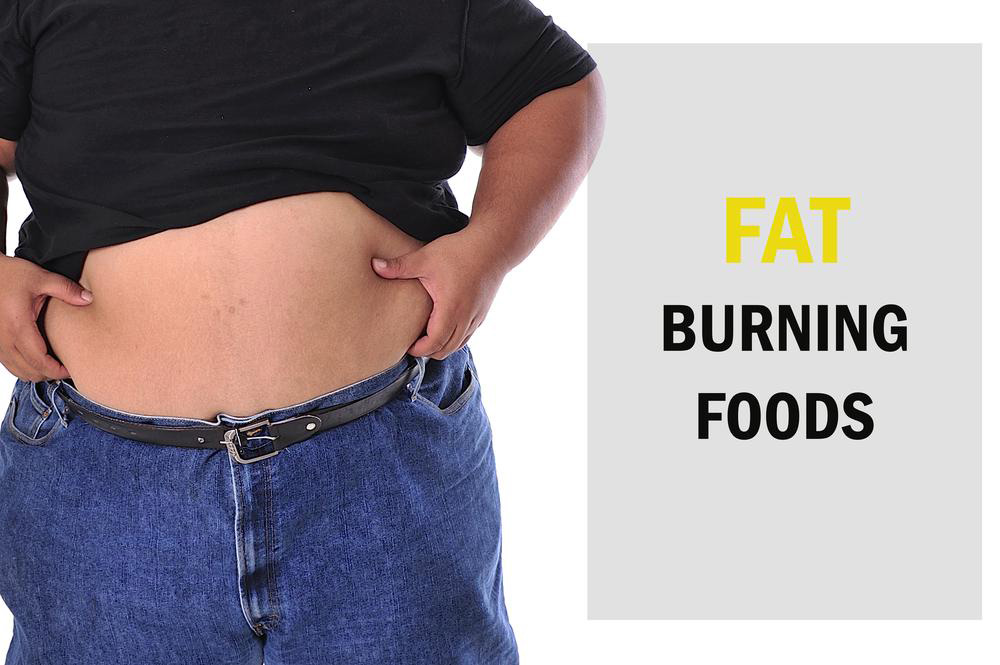Top 6 Diet Strategies: Benefits and Drawbacks Explored
Explore six popular diet plans, including plant-based, paleo, low-carb, Mediterranean, low-fat, and intermittent fasting. Understand their benefits and drawbacks to choose the best approach for your health goals. Each diet offers unique advantages, from environmental benefits to cardiovascular health, but also comes with challenges like nutrient deficiencies or social restrictions. Make informed choices by considering your lifestyle, preferences, and nutritional needs, and consult health experts to develop a sustainable, healthy eating pattern suitable for you.

Top 6 Diet Strategies: Benefits and Drawbacks Explored
Many individuals aim to shed excess weight to enhance their appearance and boost confidence. There are various approaches to weight management, often combining consistent physical activity with tailored eating plans. When selecting a diet, it’s essential to consider your height, weight, and overall health. Some diets focus on calorie restriction, while others aim to suppress hunger. Consulting with a healthcare professional or nutritionist is highly recommended before starting any new diet regimen.
Why are diet plans important?
Achieving a leaner body requires burning more calories than you intake.
In addition to regular exercise, controlling your food intake through well-designed diet plans plays a vital role. Good meal choices can elevate energy, bolster health, and improve mood. Proper eating habits also support immune function, ward off common illnesses, and promote strength and fitness.
Plant-Focused Diets
These diets revolve around consuming natural, minimally processed plant foods to meet nutritional needs. Typical options include vegetables, fruits, legumes, whole grains, and tubers.
While nuts, seeds, tofu, and grain products are permissible, moderation is important to prevent weight gain. Vegetarian, vegan, and flexitarian diets fall into this category.
Advantages
Eco-Friendly Benefits
Choosing plant-based diets reduces environmental stress by decreasing pollution, deforestation, and water use.
Supports Weight Loss
Emphasizing fresh produce cuts calorie intake, aiding weight management. Additionally, digesting natural, unprocessed foods tends to be easier.
Strengthens Immunity
Rich in vitamins and minerals from fruits and vegetables, these diets can help prevent or even reverse certain health conditions.
Disadvantages
Limited Food Diversity
Excluding animal products may deprive the body of vital nutrients like vitamin B12, B6, and essential amino acids found predominantly in animal foods.
Potential Protein Deficiency
While plant sources provide protein, some individuals may struggle to consume sufficient amounts, risking nutritional gaps.
Paleo Diet
This plan emphasizes eating unprocessed, home-cooked foods similar to what early humans consumed. It excludes dairy, grains, and legumes, focusing on meats, seafood, fruits, vegetables, and nuts, inspired by ancient hunter-gatherer diets.
Advantages
Effective Detoxification
Eating natural, unprocessed foods helps remove toxins commonly ingested through processed products.
Fat Loss & Muscle Building
Combining this diet with exercise can lead to rapid weight loss and muscle growth due to improved gut health and metabolism.
Disadvantages
Excludes Dairy and Grains
Omitting nutrient-rich dairy products can lead to deficiencies in vitamins like D and B12, as well as essential fats.
Limited Options for Vegetarians
Legumes are excluded, making it difficult for vegetarians to meet protein and iron requirements in this diet.
Low-Carb Diets
Designed to restrict carbohydrate intake, these diets focus on reducing foods like grains, starchy vegetables, and sugars. The goal is to control blood sugar levels and promote weight loss.
Advantages
Prevents Lifestyle Diseases
Lowering carbs helps manage conditions such as diabetes and hypertension by stabilizing blood glucose and lipid levels.
Cholesterol Improvement
Consuming healthy fats while limiting carbs can reduce bad cholesterol levels.
Facilitates Weight Loss
Many find low-carb plans easy to adopt without strict calorie counting, leading to effective weight management.
Disadvantages
Risk of Ketosis
Insufficient carbs can lead to ketosis, causing side effects like fatigue, headaches, and bad breath.
Digestive Concerns
Low fiber intake from restricted grains and fruits may cause constipation.
Mediterranean Diet
Recognized for heart health, this diet combines abundant vegetables, fruits, healthy fats, and whole grains with moderate fish, poultry, and limited red meat. It encourages social eating, physical activity, and moderate wine consumption.
Advantages
Flavorful & Colorful
Meals are vibrant, diverse, and rich in complex flavors, making healthy eating enjoyable.
Balanced & Complete
No food groups are eliminated; instead, focus is on moderation, ensuring nutritional adequacy.
Disadvantages
Time-Intensive Prep
Preparing fresh ingredients may require more time compared to processed foods.
Weight Loss Limitations
Since it doesn't restrict calories or carbohydrate intake, it may not be ideal for rapid weight reduction.
Low-Fat Diets
Focusing on reducing fat intake, this plan aims to promote weight loss and prevent fat-related health issues by avoiding high-fat processed and fatty foods, including certain meats, baked goods, and dairy products.
Advantages
Supports Weight Reduction
Cutting down on unhealthy fats encourages body fat burn and may reduce risk of chronic diseases.
Disadvantages
Inconvenience & Cost
Preparing low-fat, fresh meals can be time-consuming and sometimes more expensive due to the price of organic produce.
Intermittent Fasting
This approach involves cycling between eating and fasting periods. Patterns include 16/8, 5:2, or alternate day fasting, emphasizing when to eat rather than what to eat.
Advantages
Enhanced Immunity
Fasting may strengthen immune responses, reducing susceptibility to autoimmune conditions.
Mindful Eating
Promotes awareness of food intake, encouraging healthier choices during eating windows.
Cognitive Benefits
Research suggests fasting can improve memory and focus, supporting mental clarity.
Disadvantages
Overeating Risks
There’s a tendency to indulge excessively during eating periods, which can counteract benefits.
Unhealthy Food Choices
Erroneous choices during eating windows may hamper weight loss efforts.
Social Challenges
Fasting routines may interfere with social meals, making gatherings awkward or less enjoyable.
In conclusion, adopting a balanced and nutritious diet is vital for long-term health and age-related well-being. Focus on fresh, locally sourced foods to maintain optimal nutrition while enjoying variety and flavor.










